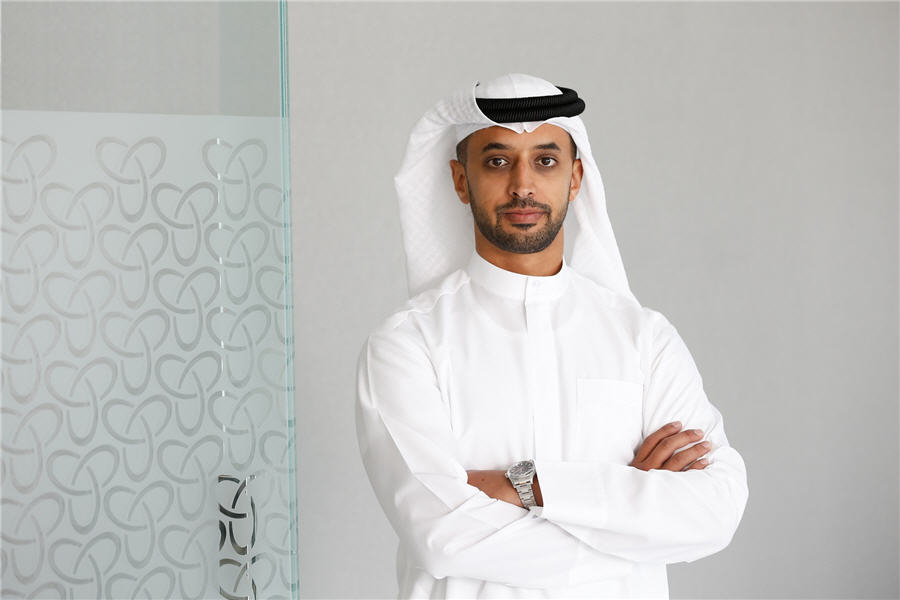Members of Civil Society confirm attendance at KP Plenary in Dubai

The office of the UAE Kimberley Process Chair (KP Chair), today announced that members of Civil Society will attend the KP Plenary in Dubai, on November 13-17, 2016.
The announcement follows an official invitation sent by the KP Chair on October 13, 2016, urging members of Civil Society Coalition to attend KP Plenary to discuss and make joint progress on industry-critical topics such as rough diamond valuation, and the possibility of installing a Permanent Secretariat under the mandate of the United Nations.
CENADEP (Centre National D’Appui au Dévelopment et à la participation populaire) responded by letter to the KP Chair on October 20, 2016:
“…given the progress made in the implementation of issues raised by the Civil Society Coalition, and having obtained the opinion of the Congolese Government on the participation of Civil Society in the Kimberley Process, CENADEP accepts the invitation of the KP Chair at the Plenary in November 2016 and believes that the best way to lend credibility to the KP process is by re-enlisting within the KP family to address different challenges inside, and not outside,” wrote Albert Kabuya Muyeba of CENADEP. “We acknowledge receipt of your letter of October 13th, 2016 on the proposal of mediation between the KP Chair and members of the Civil Society Coalition and note with great satisfaction of our organization the progress made since January 2016 compared to the main demands of the Civil Society Coalition.”
In regards to rough diamond valuation, the letter stated: “CENADEP welcomes the progress of discussions around diamond valuation and the efforts made by the KP Chair to particularly address the issue of synthetic diamonds and that of the recess of the internal control systems in member countries,” wrote Albert Kabuya Muyeba. “CENADEP remains convinced about the complexity of the evaluation issue and congratulate the KP Chair for putting it on the table in order to enable stakeholders to provide concrete proposals for moving forward. This is an initiative that we must support.”
CENADEP also welcomed the initiative taken by the KP Chair to install a Permanent Secretariat under the mandate of the UN, a role the KP Chair has suggested be manned by an African national who has in-depth knowledge of the Kimberley Process, its regulations, the working bodies of the KPCS, and also the natural resource sector in Africa.
Dr Ola Bello, Executive Director of GGA, who is also attending the KP Plenary, said: “We are very pleased to see that in reflection of Africa’s tradition, the KP Chair and some members of the Civil Society have decided to reconcile their differences and bring forward a positive agenda for change of the KP.
The KP was instrumental in ending bloody wars on our continent. Under the KP Chair’s leadership we hope to stride forward to further strengthen the sustainability of the diamond sector and to improve the livelihood of all those who work in it.”
“We have made significant progress this year within several areas of the Kimberley Process but we need to work together – not in silos. As KP Chair, I am delighted that members of Civil Society will attend the Plenary in Dubai so that we can collaboratively bring all the work which has been done over the last nine months to a good end. Our proposal to fund the participation of additional members of the CSC at the KP Plenary stands.” said Mr. Bin Sulayem, KP Chair.
About the Kimberley Process Certification Scheme
The Kimberley Process Certification Scheme is a collaborative initiative between governments, industry and civil society to stem the flow of conflict diamonds into the diamond trade. Started in 2000, the creation of the Kimberley Process Certification Scheme (KPCS) in November 2002 laid the foundation for the KPCS by setting out the requirements for controlling rough diamond production and trade. It entered into force in 2003, when participating countries started to implement the rules. There are now 54 participants representing 81 countries including the UAE.
In 2003, the UAE adapted its Federal Law “Union Law no.13 Regarding Supervision of Import/Export and Transit of Rough Diamonds” and became the first Arab country to implement the Kimberley Process Certification Scheme. The Kimberley Process office in DMCC is the entity authorised by the UAE Ministry of Economy to authenticate the ethical sourcing of rough diamonds traded in the country.
{{ commodity.name }}
{{ post.title }}
{{ post.date }}




Comments